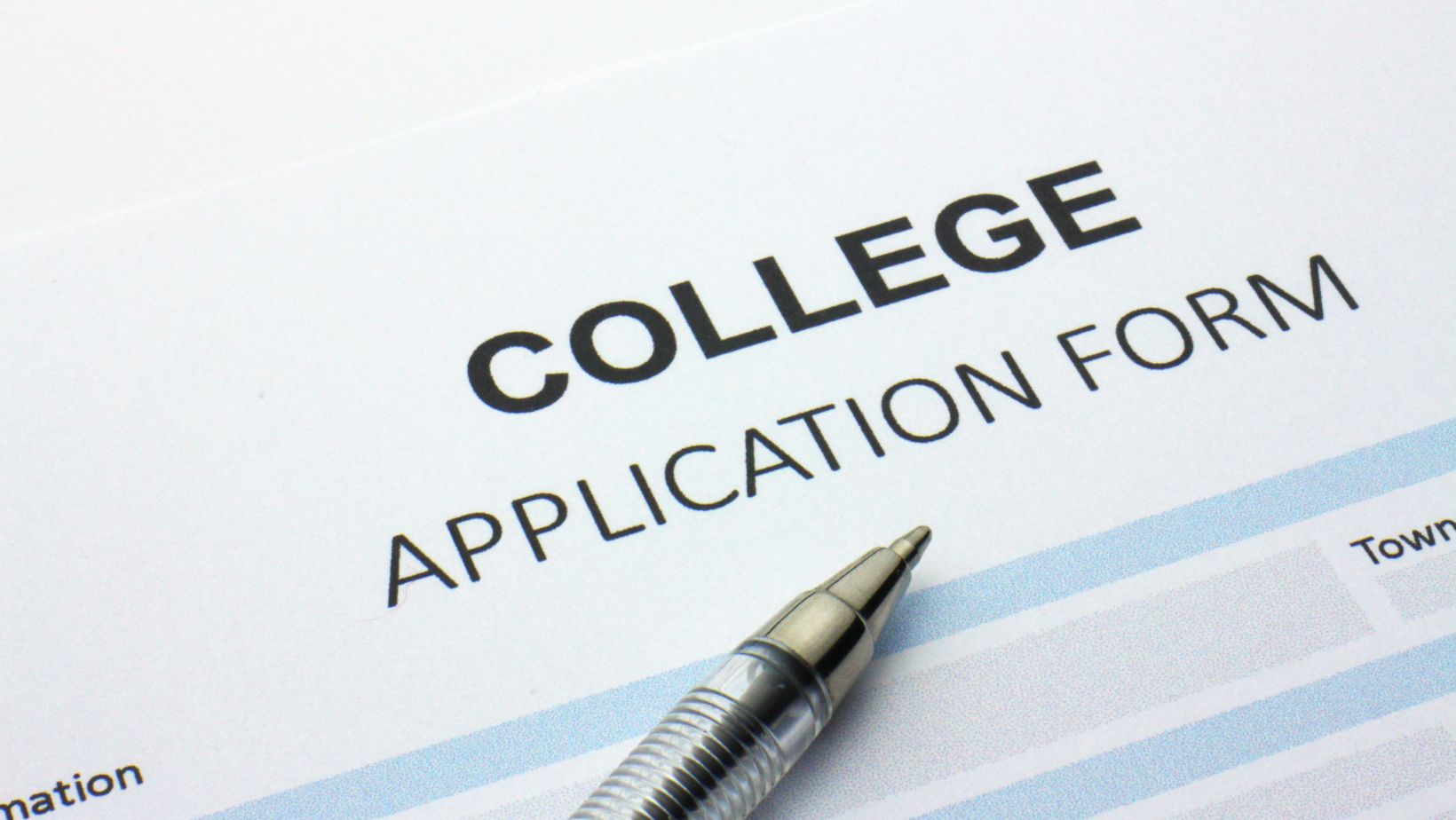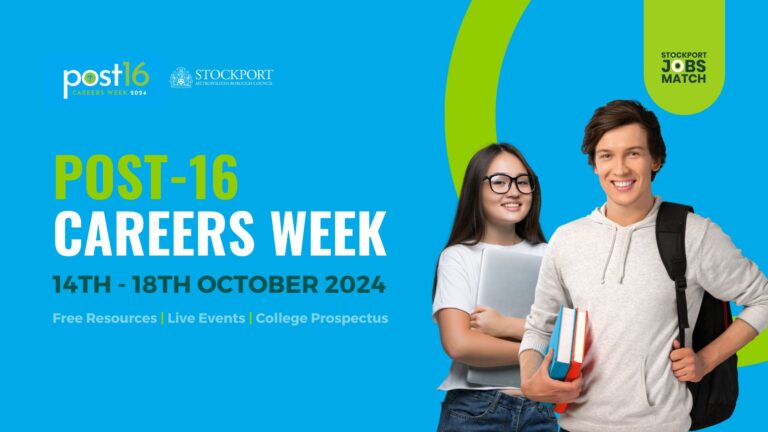Completing a College Application Form
Ready to apply for college or sixth form but need some help completing your college application form? Don’t panic. We’ll help you understand exactly what to include and give you a practice form to complete. You can use it once you know which college(s) and course(s) you are applying too. (If you’re interested in applying for an apprenticeship instead, you’ll need to click here).
Download our Sample College Application Form
Your details
College will need to know basic information about you, so they know where you live and how to contact you. Some college have catchment areas, and you may get priority if you live locally. Some colleges are operated by religious bodies, so you may get asked what your religion is. If you are a Catholic student applying to a Catholic college, you may get priority. Similarly, some colleges will prioritise students who have a sibling at the college, or a sibling who has previously attended.
Colleges will ask you your age and some residency information so they know that they can offer you a course. Colleges are subject to financial regulations, which means they cannot offer free education to everyone. For example, most people aged 20 or above are required to pay for their education. Some Visas might not let you study in the UK and the college will need to check this.
The college will also ask your ethnicity, as this is required by funding bodies. This information is anonymised and reported back as statistics.
You will also need to supply emergency contact details in case anything happens to you at college, including at any interviews before you even have a place. For most people, this will be a parent or carer – so make sure you know their information too.
Your education & qualifications
Colleges will want to know all the schools you have attended, as well as any qualifications you have achieved or are working towards. They will usually ask for the dates you attended each school. If you are unsure of these, or on any information about your qualifications, you can ask a parent, carer, support worker or your previous school for help.
Colleges will use information about your qualifications and predicted grades to assess whether you are a good fit for the courses you are applying for. If you don’t think your grades (predicted or achieved) are a fair assessment of your capabilities, you could expand on this in the “About You” section.
Course choices
You will need to let the college know what course or courses you are applying for. Sometimes you will be asked to list these courses in order of preference. Make sure you check the number of courses you can apply for at the college – there is normally a minimum and maximum number.
You can improve your chances by making sure that you have checked the entry requirements for the course or courses you want to apply for. For example, if you are predicted a grade 4 in maths, you might not be able to enrol for a Further Maths A Level that requires a grade 8. It is also worth checking whether the courses you have selected will support you to reach your career goals – e.g. to study medicine, you will usually need to complete science A Levels.
Remember, even then you are not guaranteed to get a place on a course. Sometimes, classes might be under-subscribed and so not have enough people to run. Other times, classes might be too popular, and you might not get a spot. It is worth thinking about some back up options just in case – whether these are alternative courses, or another form of training (e.g. apprenticeship).
Support Needs
College application forms will ask you whether you have a disability, learning difficulty or long-term health condition. They may ask you to select from a number of options, or you might be given additional space to write about your disability, difficulty or condition. You may also be asked if you have an Education, Health and Care Plan (EHCP) or whether you received SEN Support in school.
It is up to you whether you disclose this information. However, if you would like support from the college it is important to make them aware of your needs beforehand. If you have a EHCP, you may need to check whether the college can meet your needs at all – for example, whether they have provisions for blind or death students, whether all parts of the college are wheelchair accessible or whether there is a sensory room. If you tell the college in advance, it can help with your transition and also gives the college extra time to put support in place.
You may also be asked if you are a young carer, if you are a care leaver and if you live independently. This is to allow the college to identify additional support and/or funding that may be available. You can always speak to the college about why they are requesting this information, and what help is available.
About You
Colleges will want to know more about you as a person, not just your qualifications and personal information. This is your opportunity to shine and to make yourself stand out from the crowd. Different colleges will ask different questions, and some might ask you to submit a personal statement.
Generally speaking, colleges will want to know about why you are applying there and why you have chosen your subjects. They might also want to know more about your hobbies and interests, as well as any previous work-experience or volunteering. If you aren’t involved in any clubs or extra-curriculars, think about other things you are interested in – for example video games, reading, writing or social media. All of these involve different skills and knowledge. Not everybody has the opportunity to do work experience – it is ok to put that down if that is the case. If you would like to do some work experience in the future, it is worth writing down some ideas as the college might be able to help you access them.









